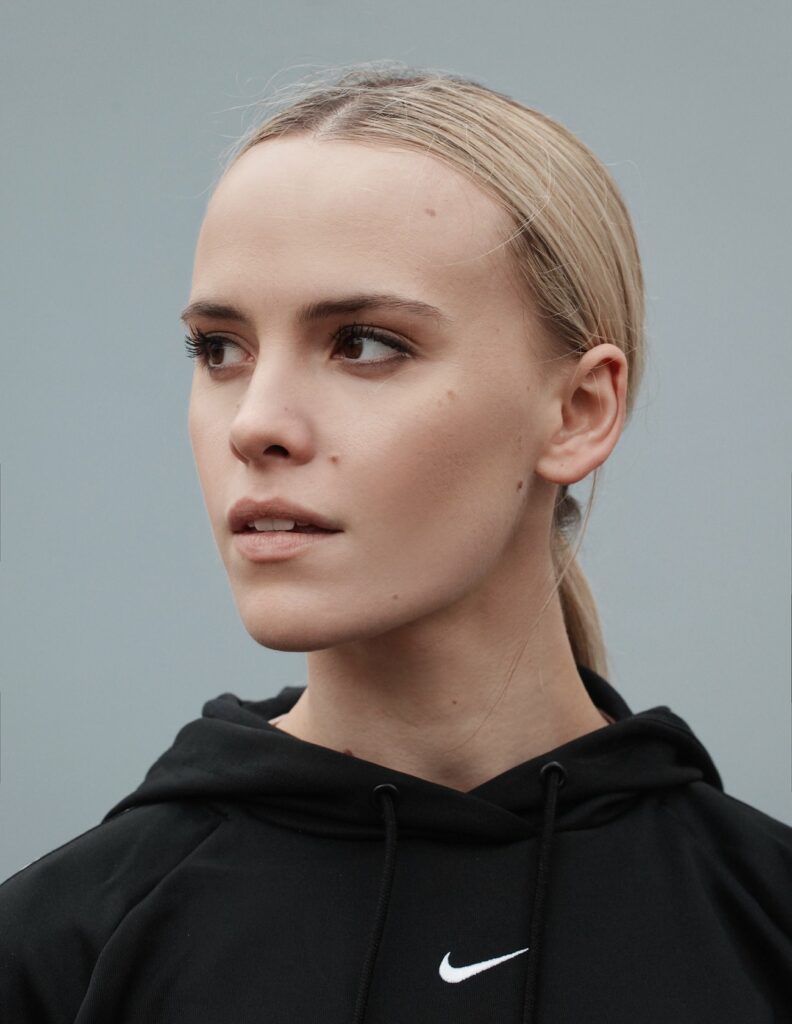
Hi Hanna, great to meet you, can you give our readers some background information on yourself please?
I’m a freelance dancer from Cardiff. I trained as an Associate of The Royal Ballet School and National Dance Company Wales before attending London Contemporary Dance School at 18. I’ve worked with choreographers including Crystal Pite, Caroline Finn and Dane Hurst and have danced with companies such as Danish Dance Theatre, Just Us Dance Theatre and have recently joined Ballet Cymru as a company dancer. You can find out more about me at my website

What got you interested in the arts?
I’ve been creative as long as I can remember. At school, I was more often than not doodling over my Maths homework and choreographing disco dancing routines in the school yard. I also loved studying Textiles and Drama at A Level.
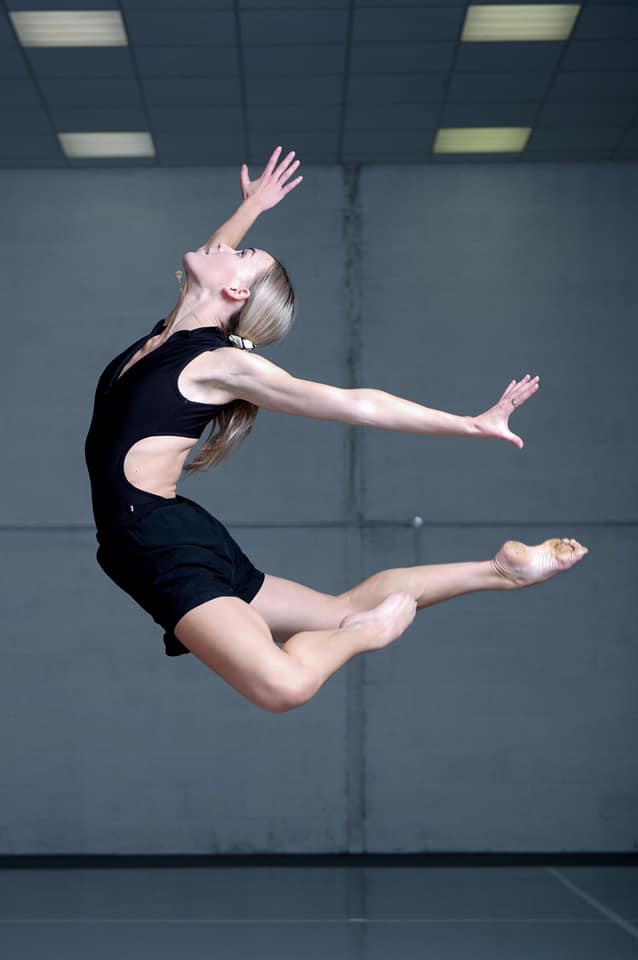
You are a company Dancer with Ballet Cymru and are currently working with them to look at ways to support dance delivery in the Welsh Language. What are your hopes and ambitions for this new initiative?
Following a successful trial period, we’re excited to bring the bilingual adult ballet classes back after Easter. I’ve also been teaching Welsh amongst the company members; their confidence in speaking the language has grown and their enthusiasm has been really heartwarming. We’re now looking at more ways to incorporate bilingual practice and it’s solidified my belief that teaching dance bilingually should be the norm in Wales. If you are a dance practitioner in Wales, I implore you to consider how you can include the use of the Welsh language in your practice. With almost 30% of the population able to speak and understand Welsh, it seems worth the effort.
If a dancer wanted to stay and train in Wales and then pursue a career, what support system would you suggest they require in order to be able to do this?
Attending your local dance school is a great place to start and if you’re fortunate enough to be based in South Wales, you may be able to attend the Associate schemes run by NDCWales and Ballet Cymru. But it’s not currently possible to train vocationally in Wales to a professional level which is a huge shame!
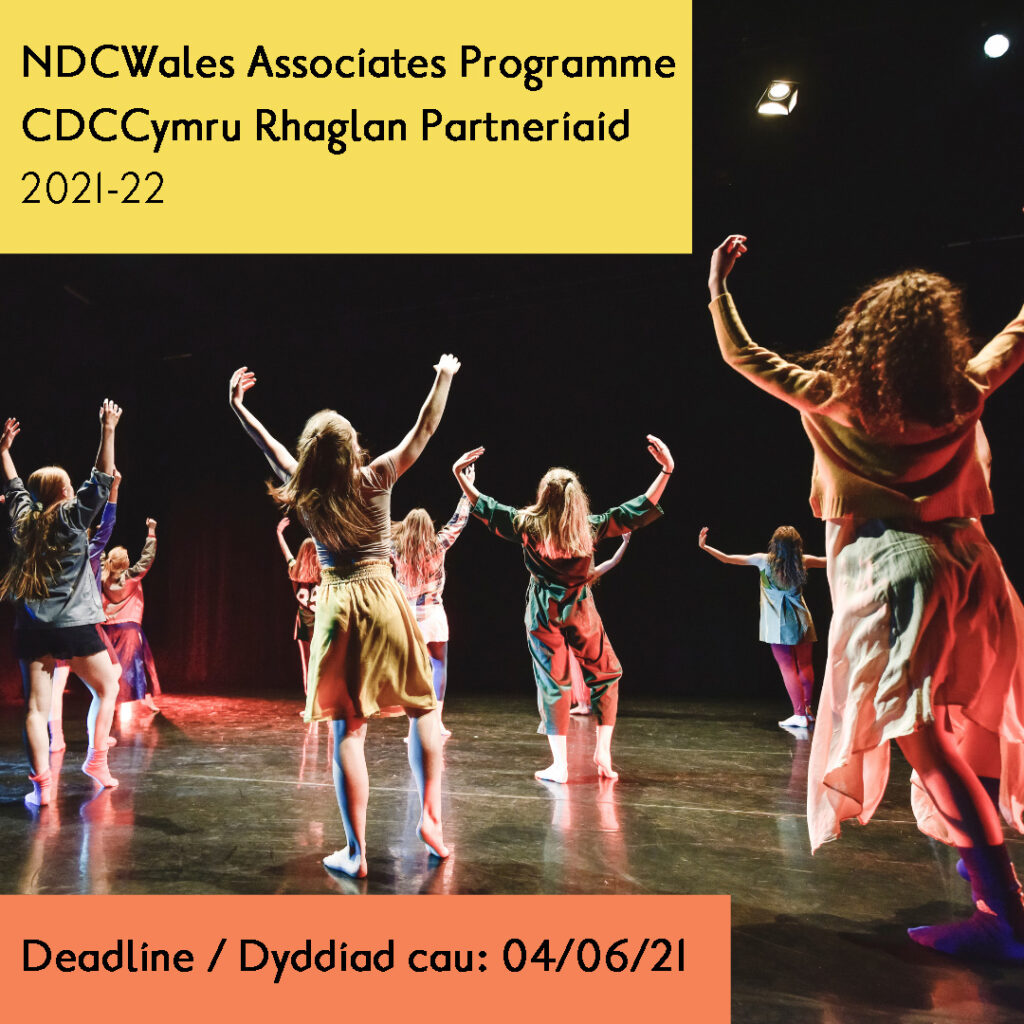
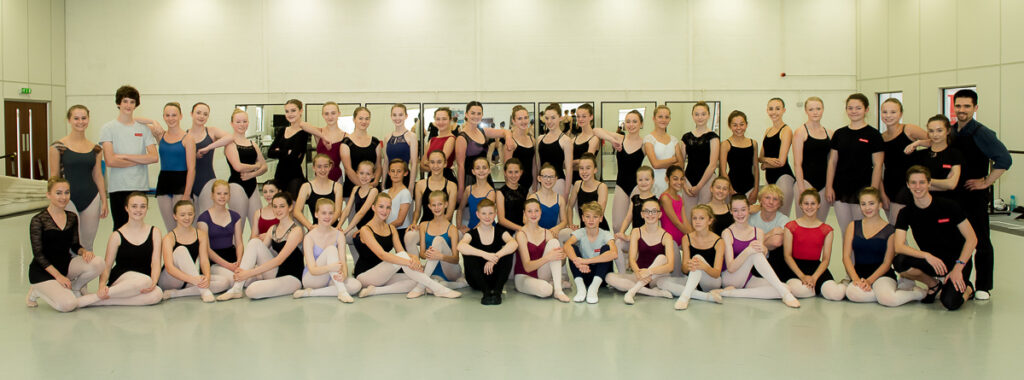
In terms of pursuing a career in dance, in Wales, I’ve found understanding my skills and what I can offer the Welsh Dance sector to be really important. For example, recognising the need for Welsh speaking dance practitioners and providing that service has allowed me to gain choreographic and teaching experience and has at times been a financial lifeline. Having said this, I feel that as a dancer, I’m sometimes valued and held up to a different standard because of my nationality and the fact I speak Welsh. I feel equally lucky to be given opportunities because I’m Welsh but sometimes anxious that my work is valued exclusively on that basis. I’ve come to terms with these feelings by embracing the platforms I’m offered as opportunities to challenge assumptions and in some cases, surpass expectations. I’m passionate about my heritage and culture but it doesn’t define my work or my identity.
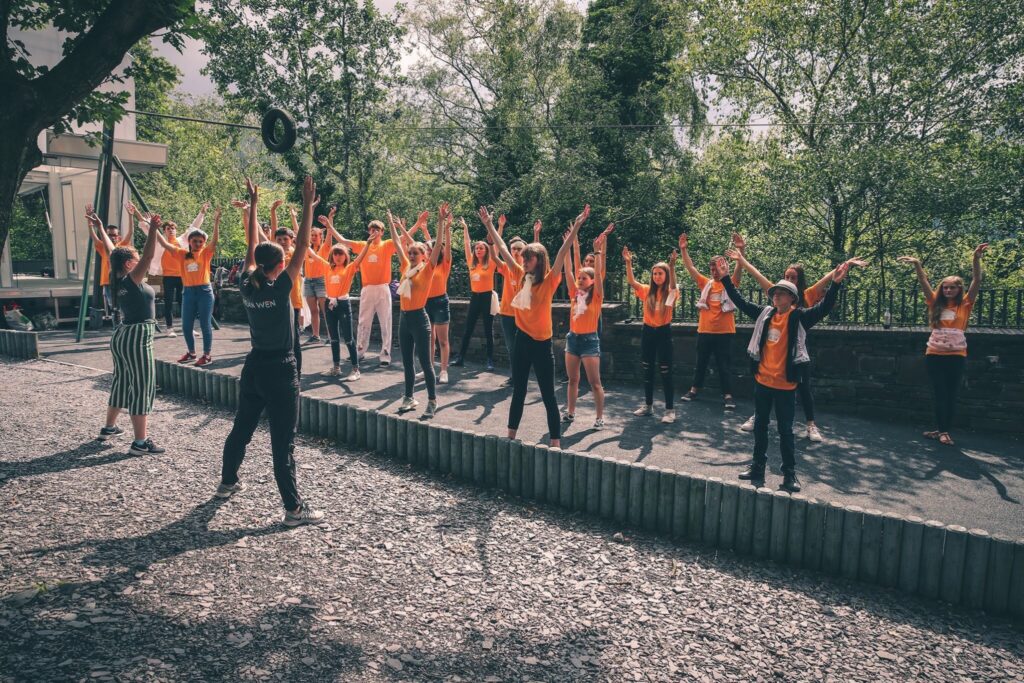
You’re an artist who has in the past worked with creatives from a range of art forms to create exciting artistic performances. How would you best describe your creative practice?
I draw upon yoga, flying low and improvisation in my own practice and my movement quality is usually described as fluid and intricate. In terms of choreography, I find myself drawn to both the emotional and physical characteristics of the human experience, in particular themes of mortality and creation. I’m looking forward to developing these ideas in future.
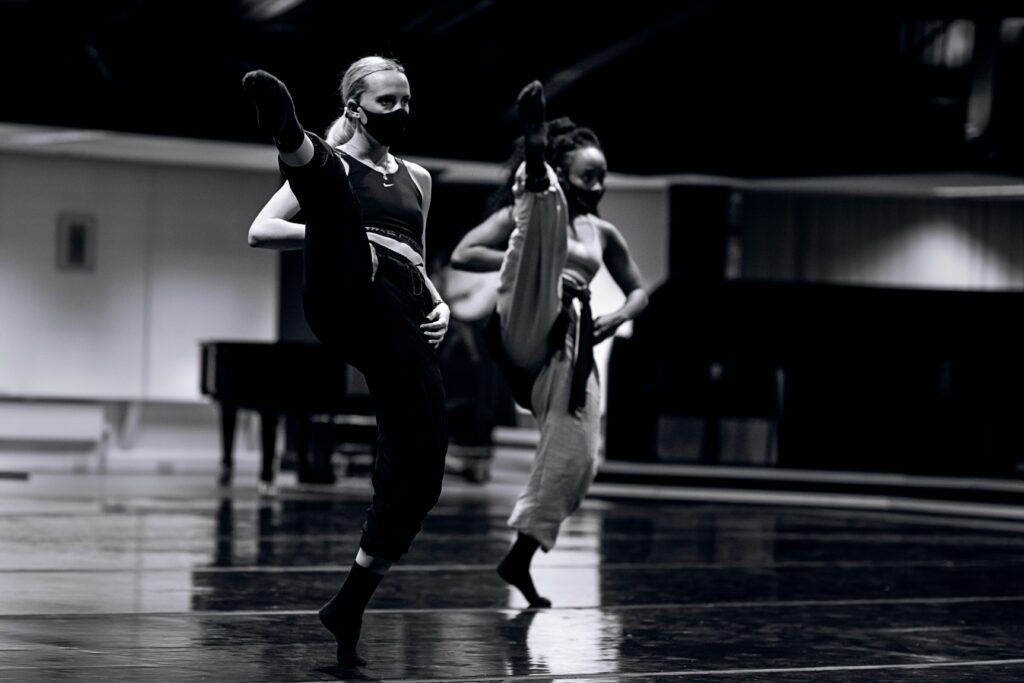
Are there any examples of training systems or support networks that exist in other nations that Wales could look to utilise?
In terms of training systems, you only have to look across the border to England for some amazing examples. Government initiatives like the CAT scheme would be very beneficial for Wales, to tackle issues like accessibility and consistency in training. There needs to be more pathways made available for young people with passion for movement to engage in creative work and broaden their dance education. This also includes having a vocational training program to study dance at a professional level.
Get the Chance works to support a diverse range of members of the public to access cultural provision. Are you aware of any barriers that creatives in Wales face? If you are, what might be done to remove these barriers?
One of the barriers I’ve been aware of in the past has been the lack of consideration for dance practitioners based in more rural areas of Wales. With organisations having had to adapt to digital means of hosting or streaming their events, these dance practitioners have finally been able to attend events that they wouldn’t otherwise have been able to in the past. I’ve also personally really valued being able to access and watch live streamed performances online and despite the occasional bout of ‘Zoom fatigue’, I still hope organisations continue to offer at least some aspects of working/performing online.
If you were able to fund an area of the arts in Wales what would this be and why?
There are lots of areas in desperate need of funding but I would particularly like to see an inclusive professional training program available in Wales as well as a unifying space in which dancers can create, educate and perform together (something like Dance City in Newcastle)
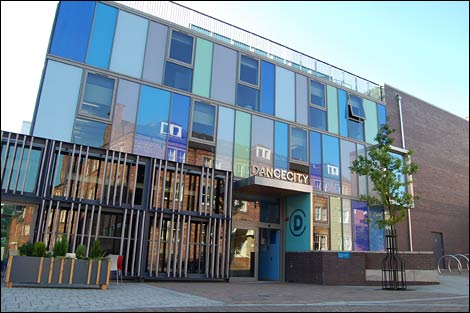
What excites you about the arts in Wales?
It’s been exciting to see the Welsh dance community working together to establish a more connected community of dancers via online networking events and discussions. I look forward to seeing how this connectivity materialises in a progressive, diverse Welsh Dance Sector.
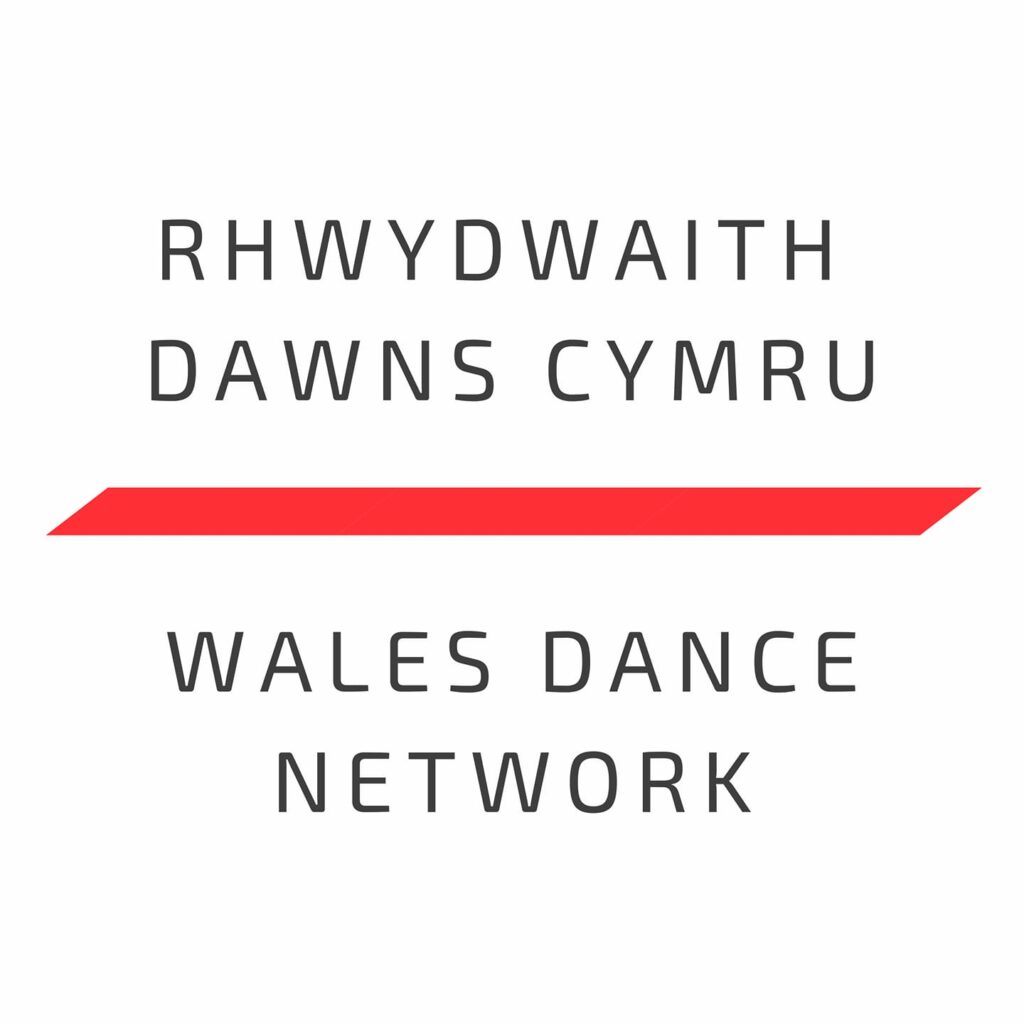
What was the last really great thing that you experienced that you would like to share with our readers?
Watching Crystal Pite’s Revisor and Far From the Norm’s “BLKDOG” as part of Dance Nation. Both extraordinary pieces, available to watch for free on BBC Iplayer.
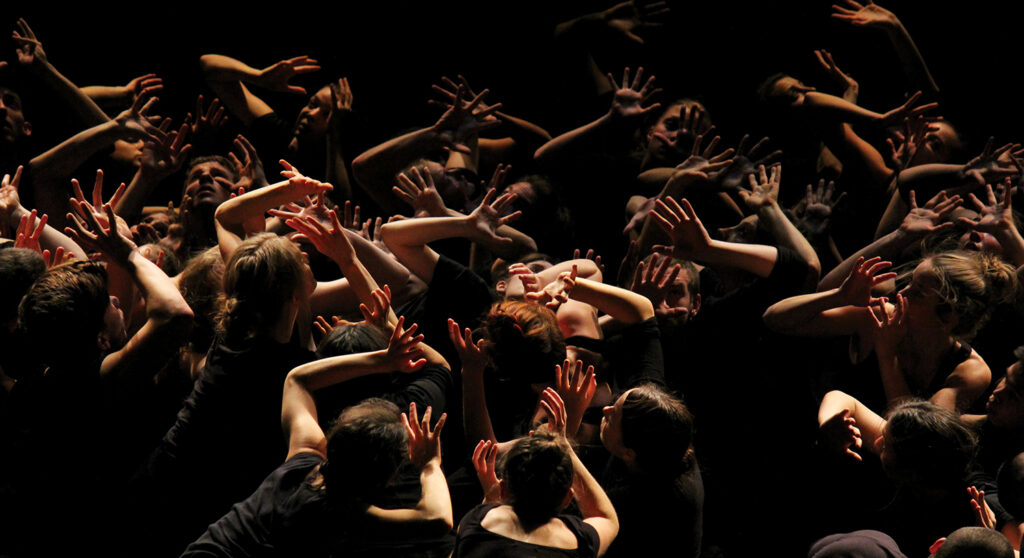

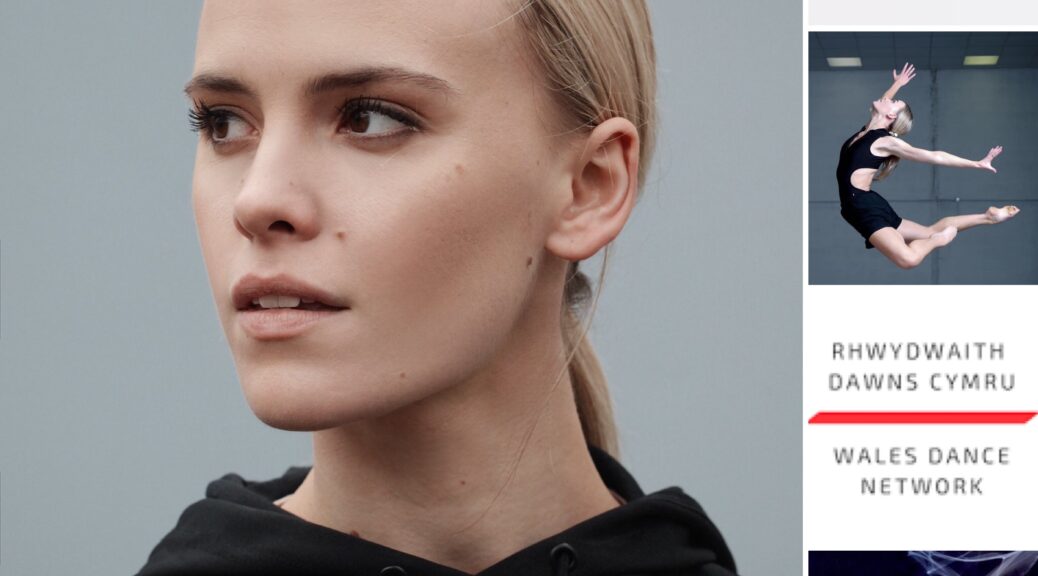
One thought on ““I find myself drawn to both the emotional and physical characteristics of the human experience” An Interview with Hanna Lyn Hughes.”
-
Pingback: Review Ailey by Hanna Lyn Hughes - Get The Chance
Get The Chance has a firm but friendly comments policy.